Introduction
On 3 June, Hamit Coskun, a Turkish-born atheist and asylum seeker of Armenian and Kurdish heritage, was convicted of a ‘religiously aggravated public order offence’ for burning a Quran in protest outside the Turkish consulate in London. This de facto reinscribing of blasphemy laws, abolished in England and Wales in 2008, has rightly worried those who value secularism and free speech, including the National Secular Society and the Free Speech Union, who helped Coskun throughout his legal ordeal and continue to support him in his bid to overturn the conviction.
I recently caught up with Hamit to ask him a few questions about his life, opinions, and what he has been through. Below is a transcript of our conversation, edited for clarity and concision; bear in mind that English is not Hamit’s first language.
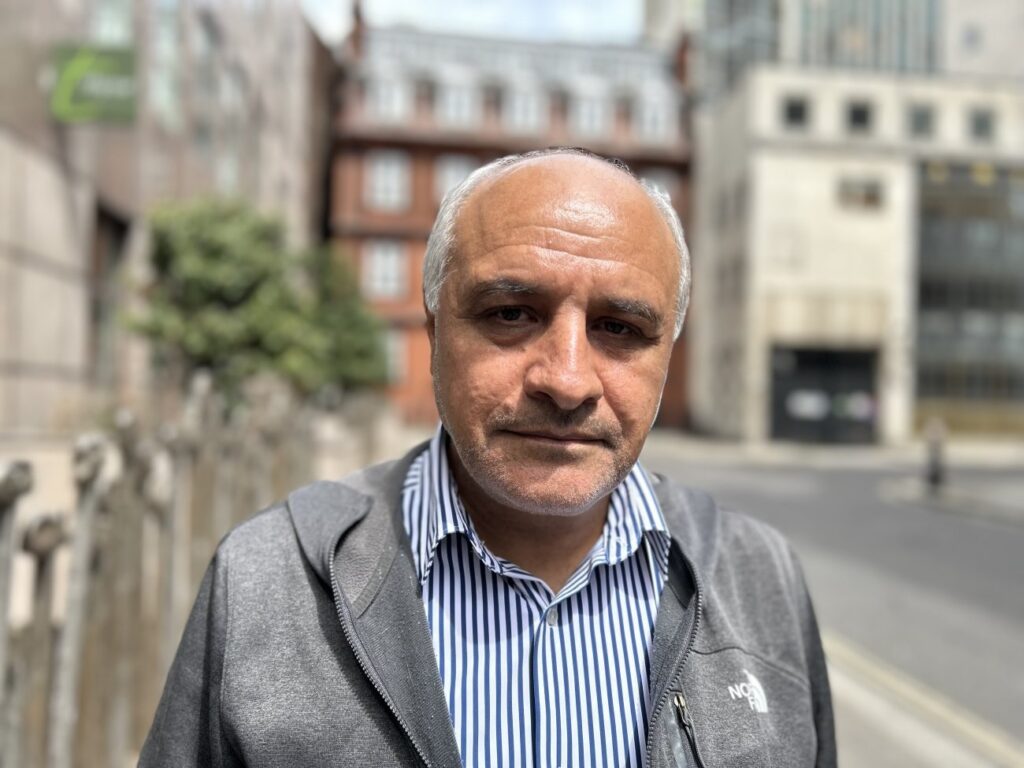
Interview
Daniel James Sharp: Could you tell us about your family, upbringing, and religious and political background?
Hamit Coskun: My mother is of Armenian origin. Her relatives were killed in the Armenian genocide of 1915-1917. My father is of Kurdish origin. Islam did not have a positive effect on my father’s relatives. My grandfather had a negative attitude towards Islam. After I was born, my grandfather went to get my ID. He told the officer my name, and the officer said, ‘That name is an infidel name’ and threatened to have my grandfather arrested. The same officer determined my name as Hamit. For these reasons, my family settled in the very secular city of Izmir. Although I was born in a country where Muslims were the majority, I grew up in a family with a secular lifestyle. The fact that Turkey was governed as a secular republic, even if an imperfect one, also had a positive effect on my life.
My family background led me to question the past, to do research, and to think in a solution-oriented manner. The neighbourhood I lived in was one where left-wing and Marxist-minded people were predominant. I started participating in activities as a Marxist, and I lived as a Marxist until I was 37.
The military coups that took place in the 1970s and 1980s caused a serious rupture in Turkey. From then on, a ‘Turkish-Islamic synthesis’, combining nationalism with an Islamist leaning, began to grow influential. Over the years, this synthesis began to poison society. Assassinations of intellectuals began. Armenians, Greeks, and Jews began to be harassed. The number of Imam Hatip high schools, which have Islamic curricula, increased every day.
I was arrested in 1993 for being a member of the People’s Labour Party. After being subjected to torture for 15 days, I was sent to prison until 2002. However, I had never participated in any violent act. In prison, I decided to research and examine Islam in more depth. My departure from Marxist thought also coincided with this period. I decided to continue on my path as an atheist and an activist.
In the year of my release, 2002, the nationalist, Islamist-leaning, ‘neo-Ottoman’ AKP party gained power. It is still in power today, under Recep Tayyip Erdoğan. I did not engage in any further political activity until 2010. By that time, it was clear that the government was a threat to the secular republic. It was poisoning the education system and radicalising young Muslims. The government began to purge army officers who defended secularism. The Islamist government began to form alliances with international Islamist terrorist organisations, supporting terrorist organisations such as Hay’at Tahrir al-Sham in Syria, ISIS, and Hamas. President Erdoğan openly holds official meetings with the leaders of Islamist terrorist organisations in his office.
Despite the dangers, I became more politically active, which drew the attention of the police. An investigation was opened against me. I was subjected to pressures that had no legal basis. In 2015, I was involved in a ‘Labour, Peace and Democracy’ rally in Ankara to protest Islamisation and Islamist attacks. A suicide attack was carried out against this rally, and more than 100 people lost their lives. I lost relatives and friends in that attack.
How did you end up in Britain?
Attacks on secular groups in Turkey continued unabated. In 2017, I was kidnapped by people who said they were police. They put a gun to my head and said, ‘You were a communist for years. Now you are organising people against Muslims as an atheist.’ They released me after threatening me, reciting the takbir. I feared that I was going to be killed. They hung a loudspeaker on the lamppost in front of my window and started playing the call to prayer five times a day. One night, my house was raided. I managed to escape by jumping out the back window. I went to Istanbul with the help of a relative. I decided to go abroad because I knew I would be killed in prison. The smugglers we found said they could send me to England. My relatives agreed with this plan.
What inspired you to burn the Quran outside the Turkish consulate? What were you hoping to achieve?
After coming to England, I told the Home Office that I was an atheist, activist, and critic of Islam. I have been researching and examining Islam for 25 years. My research and investigations were never superficial. My belief that Islam is a deadly threat to all nations and my decision to fight against it date back 25 years. My country had been turned into a centre for Islamist terror groups, its secularism had been eroded by Islamism, and Turkey and Europe were facing increasing Islamist terror attacks. These facts all played a part in my decision to burn the Quran. This is a completely democratic right. I used my right to freedom of expression. In the past, I was against burning the Quran. Then I realised that it was necessary to respond in the language that Islamists understand. Yes, I tried to create awareness in society. I am exposing a religion, the text of a religion, not attacking individuals out of bigotry. Yet Islam itself is now seen as a kind of person, deserving of protection from offence.
What happened on the day of your protest? What was the aftermath?
After deciding to burn the Quran, I shared my plan on my social media account days in advance. A few minutes after burning the Quran, I was attacked by an assailant with a knife who said, ‘I am coming to kill you.’ When I fell to the ground, a delivery rider passing by on a bicycle came and kicked my hand and broke my fingers. The attacker with the knife was arrested, but unfortunately, no investigation was carried out regarding the other attacker. Due to the delay of the ambulance, the police at the scene took me to the hospital and left, returning five hours later to arrest me, saying that I was racist.
After I had been treated, I was taken to the police station. While giving my statement there, they tried to imply that burning the Quran was a crime. I said that burning a religious text is not a crime. They asked, ‘Do you accept that you are guilty?’ I said, ‘No, I am using my democratic right.’
I was initially to be prosecuted for intending to cause ‘harassment, alarm, or distress to the institution of Islam’. The National Secular Society’s legal advice highlighted the absurdity of this charge. The CPS later changed the charge to a lesser offence under the Public Order Act. Before the trial, I had to sign in to a police station every day and was not allowed to enter London until the court date. I was also prevented from commenting on the case on social media.
On the evening after being charged, I returned to Derby, where I lived. The next day, I was attacked by two Iraqis who put a knife to my throat and made me watch a video of me burning the Quran, threatening me by saying, ‘You will die because you burned the Quran, wait for the day you die.’ Both of them were arrested. However, the police released them that evening after questioning them. I felt alone. When the threats continued, the police took me from my house and put me in a hotel. I eventually had to move cities. Of course, the death threats are still continuing. Recently, the Metropolitan Police arrested someone who was preparing to attack me. Three knives were found on him.
The Free Speech Union and the National Secular Society assisted me throughout the case and have funded my legal representation. I am grateful to them.
How are things going, post-conviction?
The legal process to overturn the conviction is ongoing. I want to be hopeful. However, I am also concerned because there is political influence. If the sentence stands, freedom of expression in Britain will be shackled. The attempt to define and outlaw ‘Islamophobia’ also shows the extent of the influence that Islam has on the government. Many Muslims want to completely ban criticising Islam. Society is being suppressed.
What do you say to your critics who defend Islam and argue that you acted out of bigotry?
I say that the Quran contains verses glorifying terrorism and that many Muslims accept these verses as commands, that the Quran degrades women, and that it allows paedophilia, polygamy, and cousin marriage. My proof is the Quran and the hadiths that Islam considers authentic, and the life of the Prophet Muhammad. Those who criticise me should take the trouble to learn the real nature of Islam.
Put your concerns aside and see the threat that the UK is facing. Do not prioritise your short-term interests over the future of your country. Secular democracy in Britain is at risk because of Islamists. Do not hide your head in the sand and run away from the truth. See the events and think analytically.
The increasing influence of Islam in public institutions and political parties cannot be denied. I am not against this, nor am I against Muslim people. However, if some Muslims use their influence to put pressure on the rest of society to bend the knee to their view of Islam, that is unacceptable. Hegemonic power is a threat. Wake up to the threat. Consider that there are Jews in England afraid to be open because of the hard-line Islamic threat. Democracy in Britain is declining, as is the rule of law.
When Islamists gain more power in the coming years, they will harass Christians, atheists, and many others. Islamist organisations in Britain are even funded by some Muslim countries and organisations. Is the government not interested in facing these threats?
How are you doing now? Are you fearful for your safety?
I am a critic of Islam, an activist. Wherever I am in the world, I will expose the true face of Islam and express my opinions. I also know that the Islamists want to kill me, but they will not be able to intimidate me into silence.
For more on the Coskun case and related matters of free speech and blasphemy, see articles by Stephen Evans and Noel Yaxley here and here, respectively; also, our recent image of the week here. The National Secular Society is also hosting an online Members’ Briefing about the case on 10 July. This event is only for National Secular Society members, so if you are a member and want to attend, you should have received an email about it. If not, please get in contact with the Freethinker and we can direct you to National Secular Society people who can assist.
UPDATE (added 13 October 2025): Hamit Coskun’s appeal against his conviction was successful—a landmark victory for free speech in the UK and, hopefully, beyond. Read the National Secular Society’s coverage here and the full legal verdict (rendered 10 October 2025) here. A few highlights from the former:
In its remarks, the Court noted that “the right to freedom of expression, if it is a right worth having, must include the right to express views that offend, shock or disturb”.
Highlighting that there is “no offence of blasphemy in our law”, the Court added that whilst burning a Quran may be an act that many Muslims find “desperately upsetting and offensive”, the criminal law is “not a mechanism that seeks to avoid people being upset, even grievously upset”.
National Secular Society chief executive Stephen Evans said: “We welcome today’s judgment as an important victory for freedom of expression. Hamit Coskun’s protest was a lawful act of political dissent. There is no need to condone the nature of his demonstration – what is important is that it was not criminal.
“Today’s decision reaffirms the vital principle that free speech protects the right to offend, shock, or disturb – even when it challenges deeply held religious beliefs. England and Wales rightly abolished its blasphemy laws more than a decade ago. This ruling helps ensure they are not reintroduced by stealth under the guise of public order, and that our commitment to free speech remains strong.
“Crucially, the judgment also draws a clear line between attacks on individuals and criticism of ideas. This distinction is essential to a healthy democracy, and this case should serve as a turning point for it to be better understood and reflected in public policy.”
Sadly, however, this is a tale of two appeals. Just a few days before Coskun’s victory, Betty Lachgar’s appeal against conviction for blasphemy in Morocco was rejected, and she remains imprisoned. Her crime? Wearing a t-shirt. Read more about her case here. Time, then, to reaffirm our commitment to and redouble our efforts in defence of freedom of speech, for victories in this fight tend to be temporary and local.
‘Free speech is the whole thing, the whole ball game. Free speech is life itself.’ (Salman Rushdie, 1991)


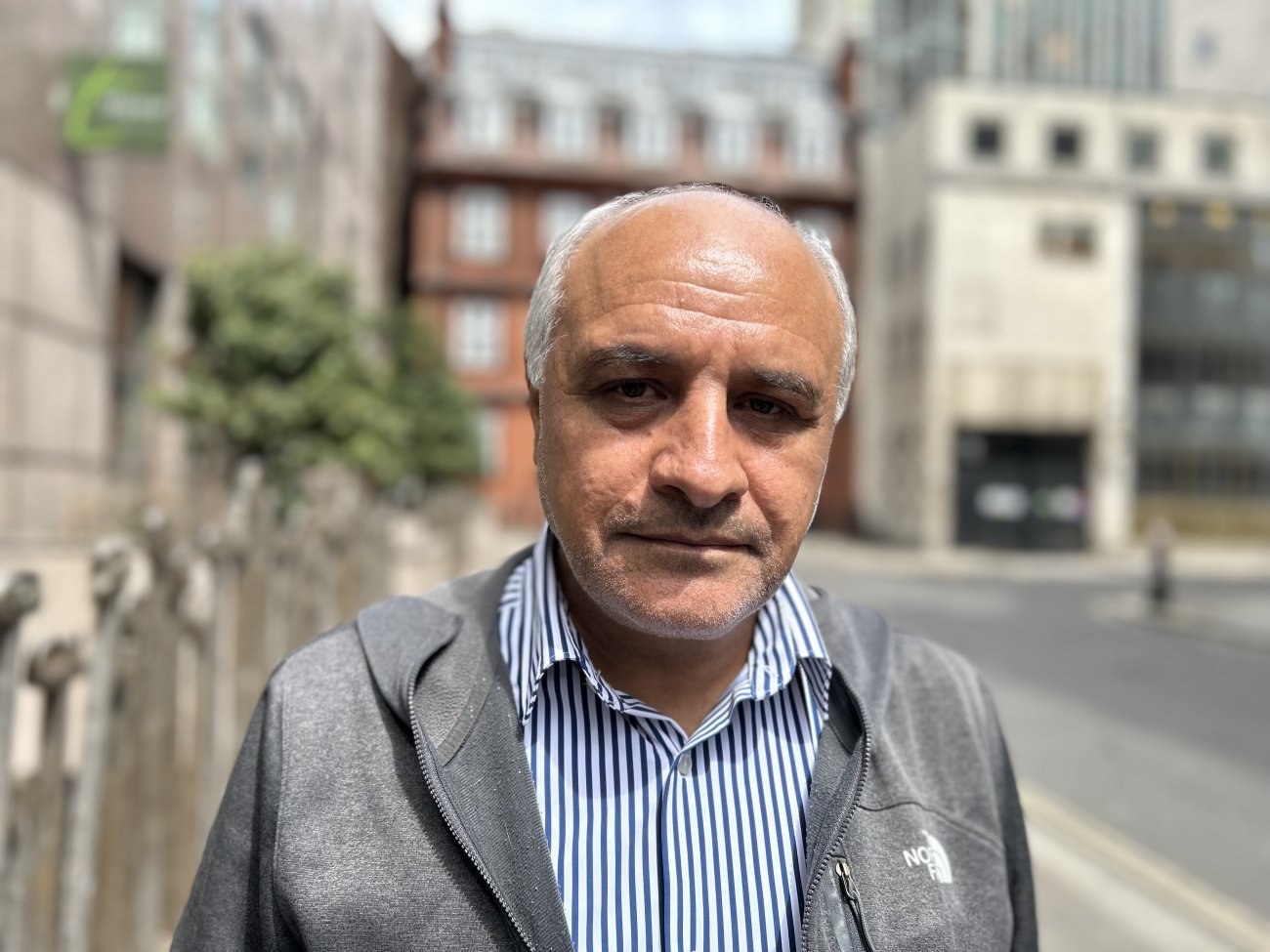
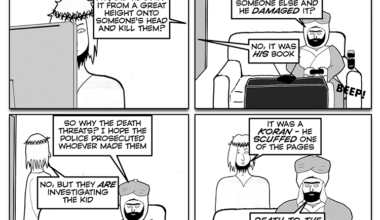
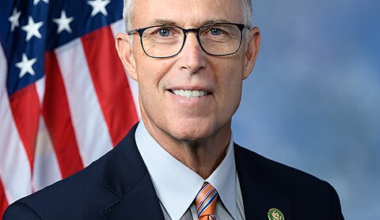
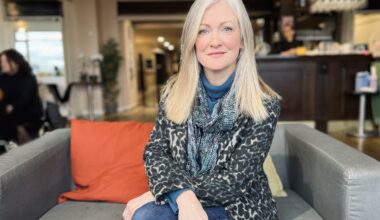
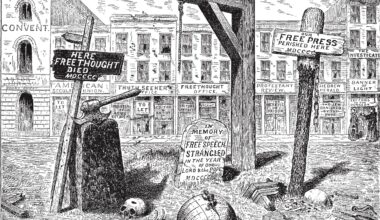
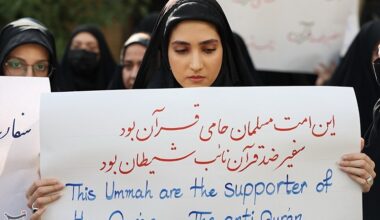

2 comments
An important and chilling interview. The terms of the original charge, ‘harassment, alarm or distress to the institution of Islam’, and that an individual or individuals employed by the Crown Prosecution Service wrote them, are particularly disturbing.
Very important interview.
What’s striking is the mainstream media’s silence re the respective issues
Your email address will not be published. Comments are subject to our Community Guidelines. Required fields are marked *
Donate